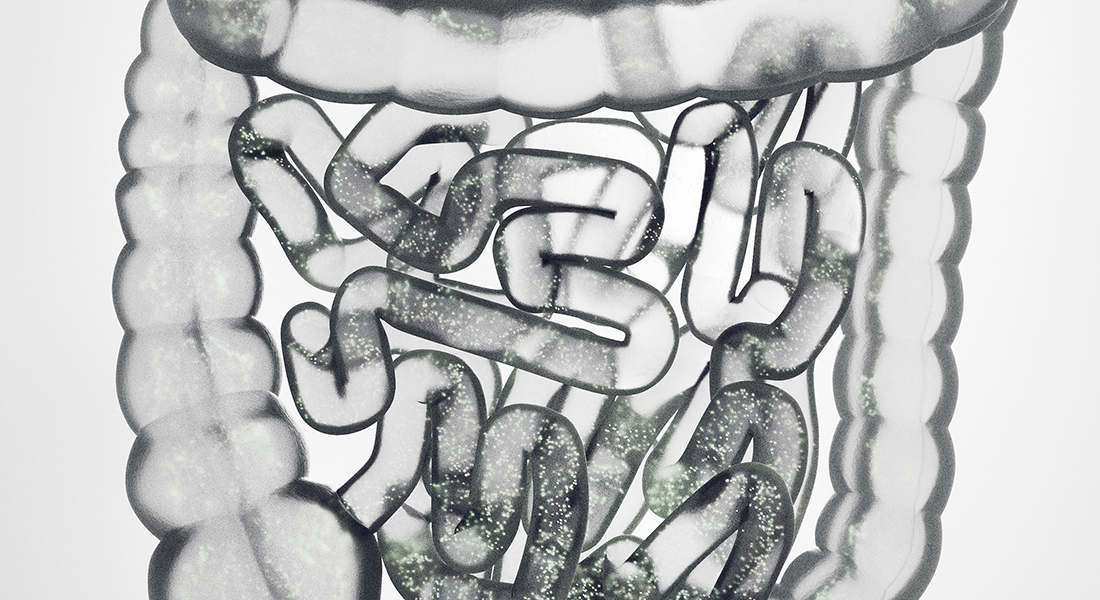Digestibility, gut microbiome, and human metabolome
To design and produce future sustainable foods, it is crucial to understand the links between food components, digestibility, and the effect on the gut microbiome and human metabolome.

This research area focuses on the intricate relationship between diet, including specific dietary components, bioactives, antinutrients, prebiotics, probiotics and bacteriophages, and microbial interactions in the gut microbiome and changes in human metabolome, which influence human health and well-being.
This area covers research on the gut microbiome, which is a key part of digestibility and bioavailability of nutrients. Understanding the gut microbiome is essential to studying foods and the nutritional potential of food in the body and allows for a better understanding of how the relationship between diet and gut microbes affects human well-being.
The area also covers human metabolomics (feces, urine, blood metabolome) which is an indivisible research field required for a better understanding of the impact of diet and lifestyle on human health and the changes in the gut microbiome.
Lastly, this research area deals with digestibility and the link between food, nutrient uptake, and health. This includes understanding the bioavailability of especially sustainable plant-based foods, as well as studying digestibility parameters that determine the production of food products with high nutritional value.
Learn more about the human metabolome, gut microbiome, and digestibility by visiting the following research fields:
-
The gut microbiome
Related research projects:
-
PhageGut - phages for target specific manipulation of the gut microbiota
-
COUNTERSTRIKE – Counteracting sarcopenia with proteins and exercise
-
Early milk and microbiota to stimulate later immunity- NEOMUNE
Contact:
 Søren Balling Engelsen
Søren Balling Engelsen
Professor
Food Analytics and Biotechnology
Bekzod Khakimov
Associate Professor
Food Analytics and Biotechnology

